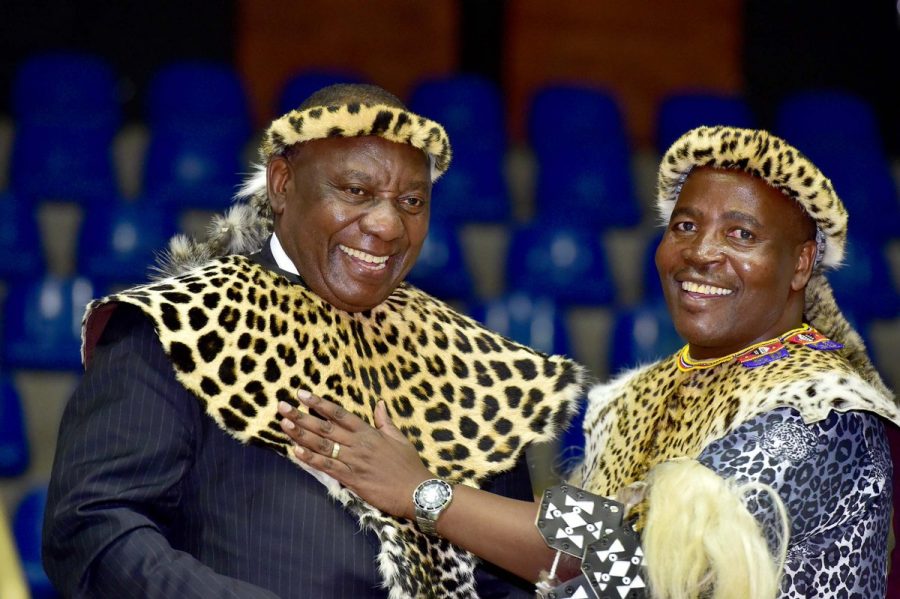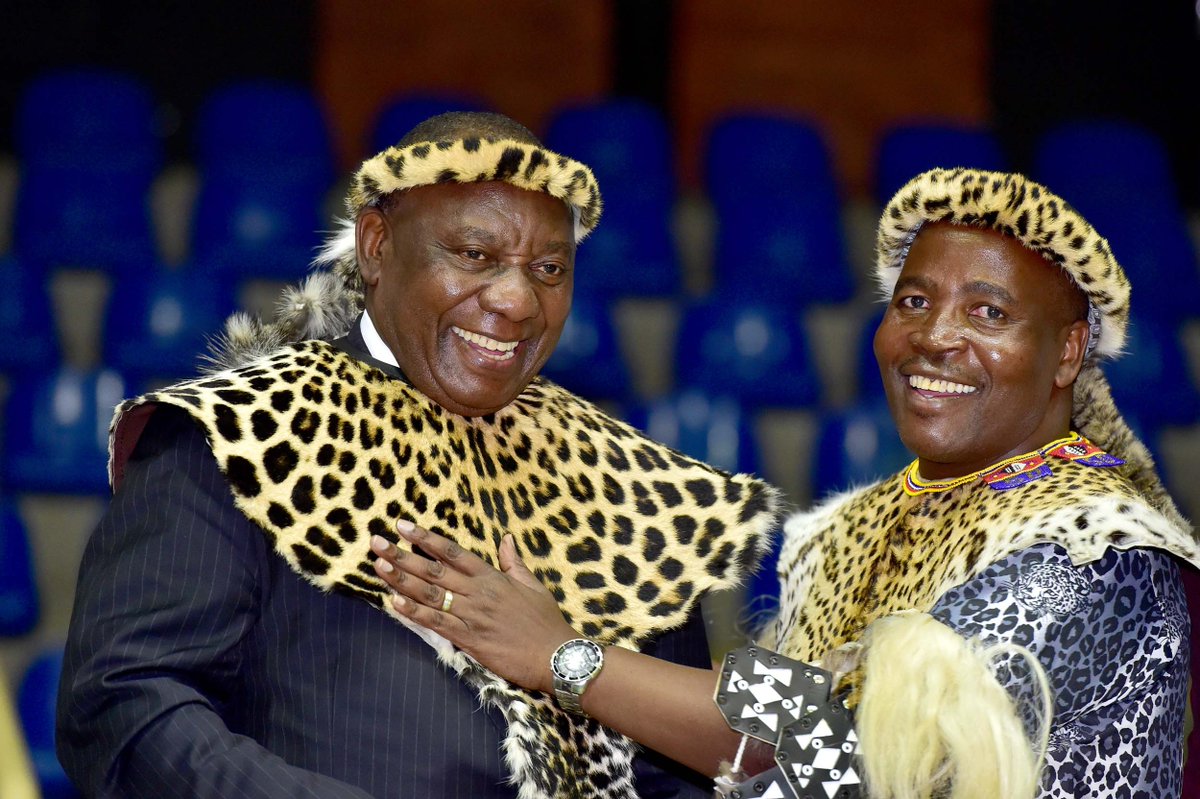
Ramaphosa Returns First Land to Claimants in Commitment to South African Land Reform
President Cyril Ramaphosa says the South African government is intensifying the implementation of land reform and restitution programmes so that South Africans can leverage land for the betterment of their lives and the growth of the economy. Ramaphosa led a land restitution ceremony on Sunday. He handed over 4 586 hectares of land to the […]

President Cyril Ramaphosa says the South African government is intensifying the implementation of land reform and restitution programmes so that South Africans can leverage land for the betterment of their lives and the growth of the economy.

Ramaphosa led a land restitution ceremony on Sunday.
He handed over 4 586 hectares of land to the community of KwaMkhwanazi in Empangeni, KwaZulu-Natal.
“This government is resolute in our commitment to returning the land in an orderly and lawful manner. We shall not allow illegal land occupations,” President Ramaphosa said.

He said more than 20 land claimants will have their land returned to them as part of government’s land reform programme.
“It is our firm belief that communities must take great interest in their land restitution processes and be active participants in all enterprises and activities taking place on their land.

“The concept that will be developed through piloting the Mkhwanazi land claim settlement will be rolled out to other land claims across a number of sectors and industries.
“This is the first of a number of land claims that we aim to unlock over the next few months,” President Ramaphosa said.

The KwaMkhwanazi community will also receive post-settlement packages and support that will assist them in leveraging the potential wealth of the land.
“Government will assist you with post-settlement packages that will develop your ability to create sustainable income and jobs from the land transferred to the Mkhwanazi community. This will deliver ongoing benefits to all of the people living on Mkhwanazi land,” the President told the community.
He said the post-settlement support packages are designed to ensure beneficiary communities, such as KwaMkhwanazi, build on their existing presence and participation in the sector.
It shifts communities from subsistence to commercial participants and owners of businesses across the value chains of the assets on their land.
The KwaMkhwanazi community was forcibly removed from their land in three phases following the enactment of the 1913 Land Act.
From 1915 to 1918 the first group of dispossession took place as a result of returning World War I white soldiers.
The second phase of dispossession took place in the 1940s, when the white farming community expanded their commercial interests in timber and cane.
At the height of apartheid supremacy the government of the time, between 1958 and 1960, violently removed landowners to cater for the expansion of the white community around Richards Bay and the Mthunzini coast.
“This community can be exemplary to other recipients of land through its active participation in the administration of funds received through the Phalane Trust.
“The Mkhwanazi land recipients, through the Phalane Trust, currently own sugarcane enterprises and the Forestry Inn Hotel Pty Ltd that operate on behalf of the community and we encourage this type of entrepreneurship. We admire the financial savvy shown by claimants in 2011 who developed two disbursement models for funds received from rental income,” President Ramaphosa said.
The President said access to land in all its uses – from agriculture to urban and industrial development – is at the heart of access to a better life for all South Africans and better opportunities and returns investment and trade partners around the world.
“We believe these consultations and the work currently being done by the Advisory Panel on Land Reform are destined to yield outcomes that will return people to the land and enable inclusive economic growth and social cohesion in our society,” he said.
He said no-one should exploit the challenges facing landless communities to foment lawlessness and tension in the country.
“We know that landless people cannot remain without land forever and we are doing our level best to ensure that the land in our country becomes a source of dignity, development and social cohesion, rather than of dissent and disunity,” the President said.
Source: SAnews.gov.za
